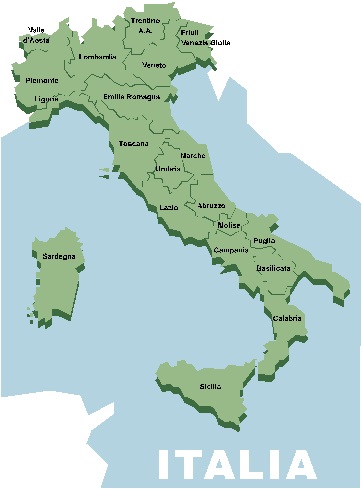Here I am again after three wonderful days in Italy; I have to say that I very rarely participated in a course where I felt completely at home and at the same time challenged by the subject. I honestly thought I knew a lot about intercultural communications and had to find out that much of what I actually knew needed to be seen in a completely different light and from a different angle. Did you know for example that following Dr. Milton J. Bennett:
- Culture is an observational category constructed for the purpose of identifying various ways of coordinating meaning or action among people interacting within a boundary.
- People within the boundaries see themselves as part of that culture.
- Cultural identity is constructed by associating self-boundary with one or more cultural boundaries.
- Culture as such does not exist in individuals; culture is a social phenomenon that exists in groups of people.
I therefore learned that because of my upbringing and background, I identify with different cultural groups, i.e. to name just a few:
- European
- Female
- German/French
I also learned that stereotypes as “characteristics of society” don’t exist for groups or societies as they can only be applied to a particular type of person or thing. What we do see though are so-called generalizations, i.e. statements concerning the probability of a certain behavior in a certain context (the probability of patterns of behavior).
To give you one example: Americans have a higher probability of being individualists whereas Chinese have a higher probability of being collectivists; there are always deviants in the middle of the spectrum to which the probability does not apply. There can hence also be Chinese which are individualists and Americans who are collectivists.
I will definitely do my homework and read through all the materials that I have received so that I can already apply its principles to my day-to-day work. I will also certainly continue on that road as I really feel that the journey has just begun! Thank you IDRinstitute!





